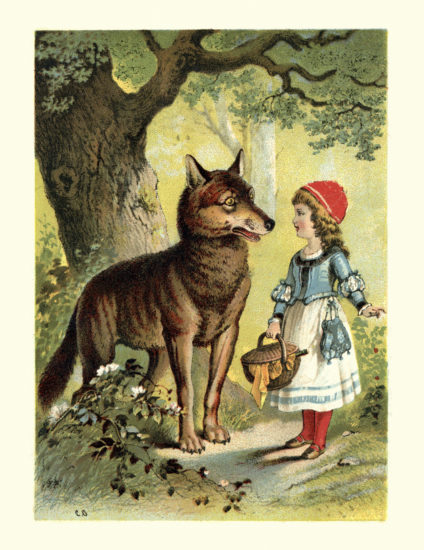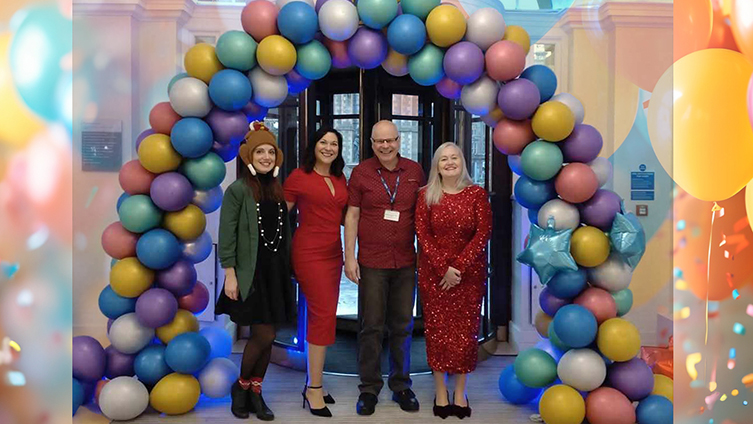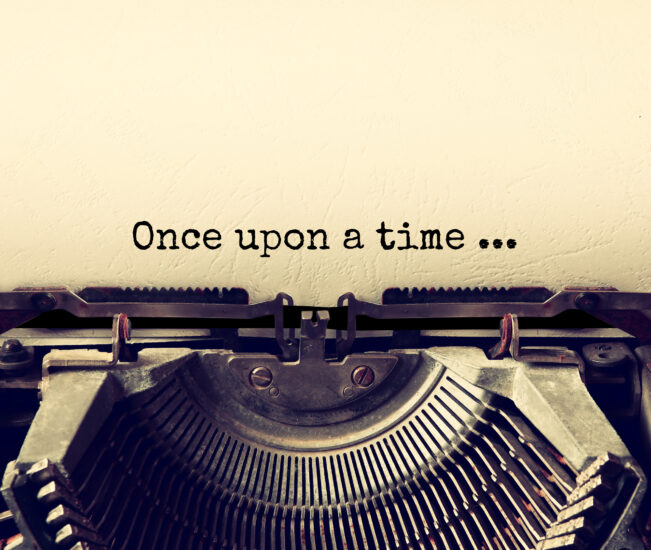
Looking for inspiration? Fairy tales are a good source of ideas for aspiring “Friend” writers.
I’ve just finished reading “The Boy Made of Snow”, by Chloe Meyer. Based in Kent in 1944, it’s the story of Daniel, a little boy living with his mother, Annabel. With Daniel’s dad away on active service in the war, Annabel is isolated, depressed, and unable to show Daniel warmth. Neglected at home and bullied at school, Daniel lives in his own little fairy-tale world to make life more bearable. When Hans, a German POW, comes into their lives, he seems to Daniel to be a prince in disguise – bringing his mum back to life. What will happen when the real world and Daniel’s fairy tale world collide?
Each chapter begins with an excerpt or a quote from a fairy tale. Passed down from one generation to the next, fairy tales are often among the first stories we read (and are read to us) as children. I read fairy tales for the first time in Ladybird Books – Snow White and Rose Red, The Princess and the Frog, Beauty and the Beast, The Wolf and the Seven Little Kids – and the illustrations were nearly as memorable as the stories themselves. Catch up on Why Illustrations Matter here.
More Than Just Happy Endings
So what helps fairy tales stand the test of time? Memorable characters and strong, simple storylines, which can be set in different times and places and updated without losing their appeal (Frozen, Maleficent, Edward Scissorhands, Tangled, Enchanted). They’re often about the battle between darkness and light, with goodness winning through. Children can face fears, in a safe space – lots of fairy tales are quite dark, but the stories make sense of life’s dangers and help us understand that adversity can be overcome, and our choices make us who we are. We can see ourselves, or people we know, in relatable characters. There’s a message in each story, too – a moral, a life lesson. And who doesn’t like a happy ending?
The Rule of Three
The number three often has significance. Three bears, three little pigs, three wishes; three blind mice, three Billy Goats Gruff, three days to guess Rumpelstiltskin’s name. Called the Rule of Three, this originates partly in the oral tradition of storytelling, when it was a helpful way for storytellers and listeners to remember key elements of the story.
So if your New Year’s resolution is to write more in 2019 and you’re looking for story ideas, why not revisit some fairy tales? Some elements are clearly not for the “Friend”; they can be too dark, scary, or sad. I clearly remember having ‘something in my eye’ whilst watching The Little Match Girl on overhead projector in Primary One! As Fiction Ed Shirley often says at our Writing Workshops, revisiting familiar themes isn’t a no-no in itself, it’s whether or not you take that situation and give it a fresh perspective that matters.




